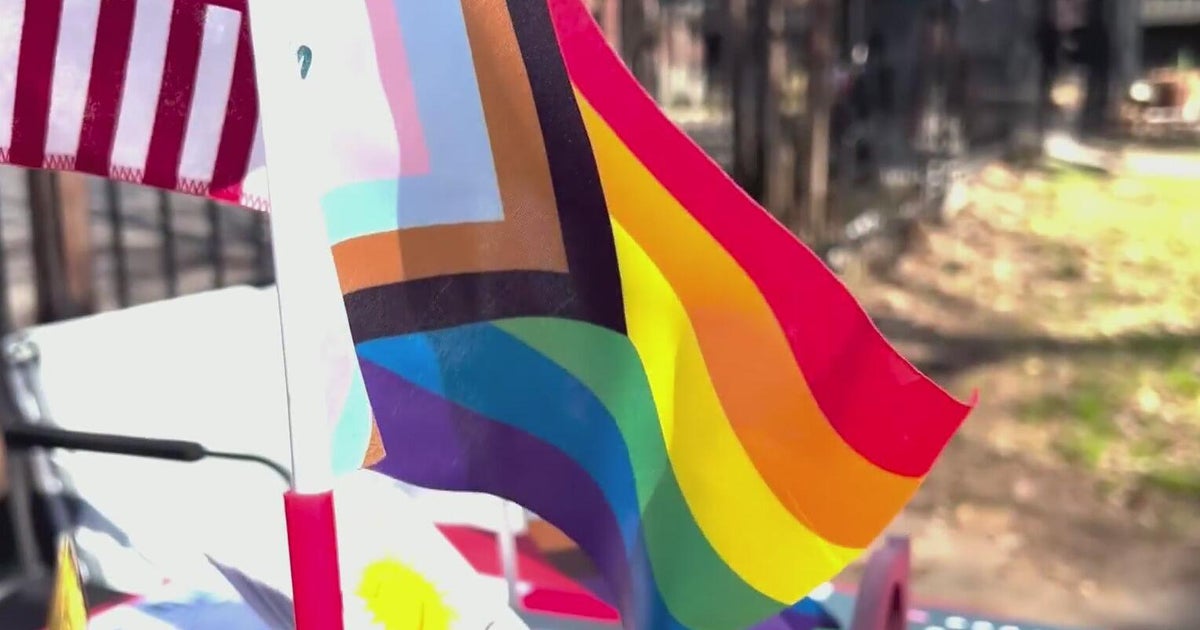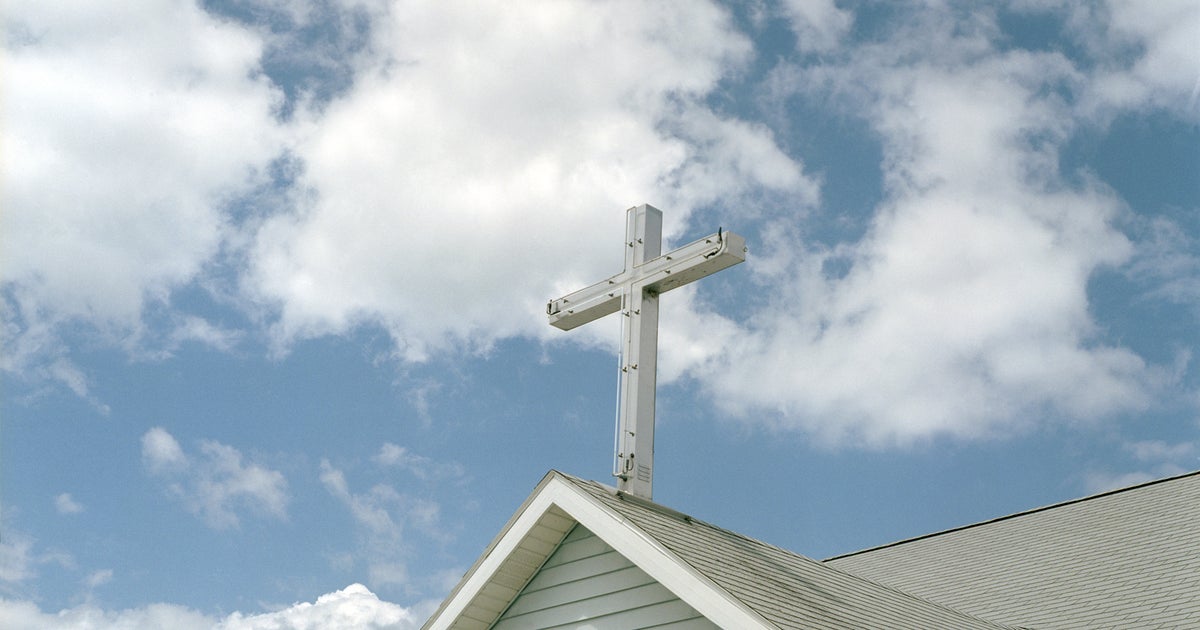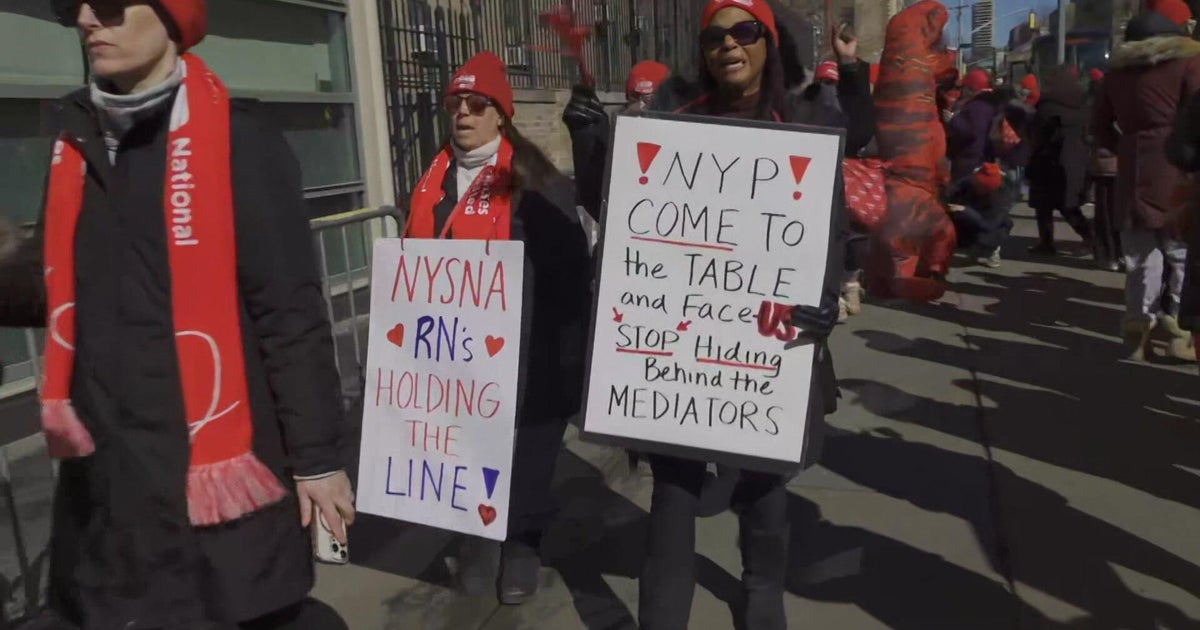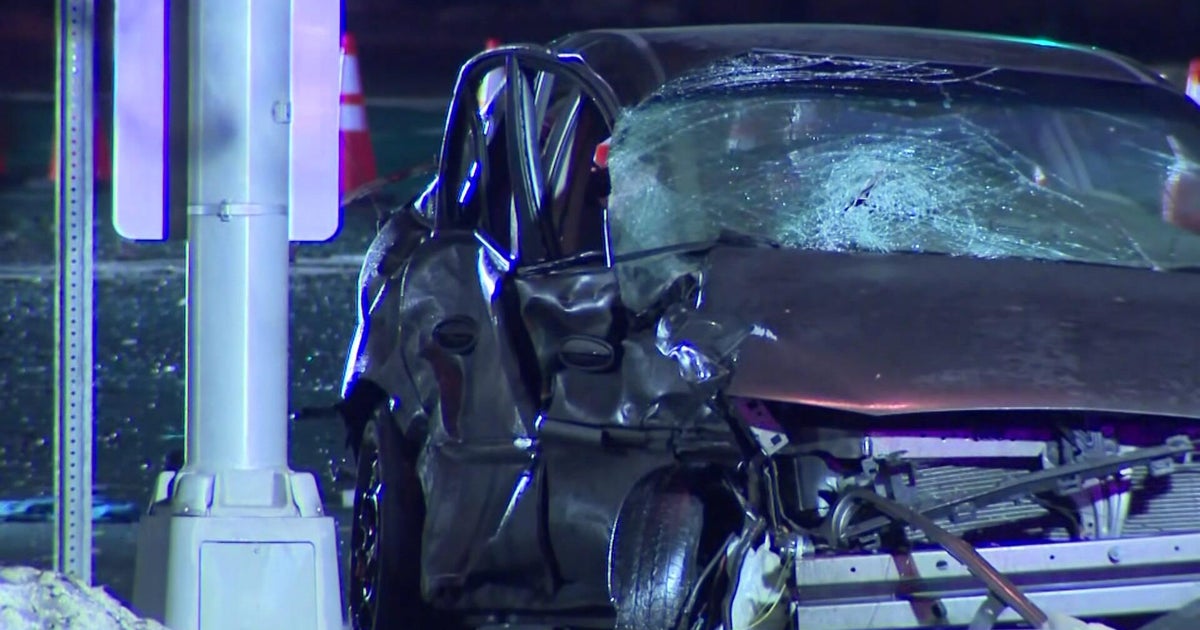Local Communities Biggest Losers In NFL Lockout
MIAMI (CBS4) - Early Saturday morning, the NFL announced the first work stoppage in the sport since 1987 when the players went on strike. The move came after the NFL Players Association decertified and several players sued the league over anti-trust violation. But the lockout could have long lasting impacts on South Florida and other communities.
According to Forbes Magazine, the Miami Dolphins are worth roughly $1 billion, but Forbes found the team had a negative $7.7 million operating income heading into the 2010 season. This put the Dolphins dead last in the NFL for operating income.
The only other team to lose money in the 2009 season was the Detroit Lions, who have been an also-ran in the NFL for more than a decade.
For the Fins, this puts them far behind the big market teams like the Dallas Cowboys and Washington Redskins when it comes to making money. It also starts to illuminate a picture as to why the Dolphins are currently saying there are no layoffs coming…for now.
CBSMiami news partner the Miami Herald talked with Dolphins CEO Mike Dee who said the team has plans in place for the organization should the lockout become protracted.
"We've communicated openly with our staff that we see it as being business as usual for the moment," Dee said. "We're taking this one month at a time, one week at a time, even. Clearly, we've talked about all of the various scenarios that could play out, but we haven't made any final plans to move forward with any changes to the CBA at the present time."
Sun Life Stadium, home to the Miami Dolphins, has a capacity of 75,540. Given the average NFL ticket price in 2010 was $76.47, according to ProFootballWeekly.com, the Dolphins pull in roughly $5.78 million per game.
But losing that revenue for the Fins is only part of the equation. The Fins, and every other NFL franchise, will likely lose their piece of $4 billion in television revenue that was to be paid to franchises regardless of games being played. That money was set to be blocked by U.S. District Judge David Doty.
The bigger impact for the Dolphins will be for the employees who rely on game day concessions and other parts to help bring in money. Vendors, security personnel, and others will be left looking for work at a time when the unemployment rate in Miami-Dade County is 12 percent.
Plus, the Miami Dolphins are fighting to get more public funding for Sun Life Stadium improvements to help attract another Super Bowl starting in 2015. With the state legislature loathe to giving money out to just about anyone, they will not take kindly to giving money to franchises who are costing communities jobs as teams and players bicker over the NFL's $9 billion in yearly revenue.
As the antitrust lawsuit gets started and the lockout takes hold, the NFL will effectively be put in a deep freeze for the foreseeable future. For teams struggling to turn profits, like the Dolphins, any sort of fan revolt that begins to erupt as millionaires and billionaires fight will only further depress the NFL marketplace.
The NFL will survive, but for owners like Stephen Ross who are trying to turn their team into an upper echelon money making machine, a lockout is only going to hurt their standing in the community.
Plus, with the Marlins set to move into a new stadium next year, and the Heat set to make a strong playoff run, the Dolphins run the risk of falling off the sports radar in the near-term in South Florida. And if the lockout cancels games this fall, the biggest winners of all will be college football.







